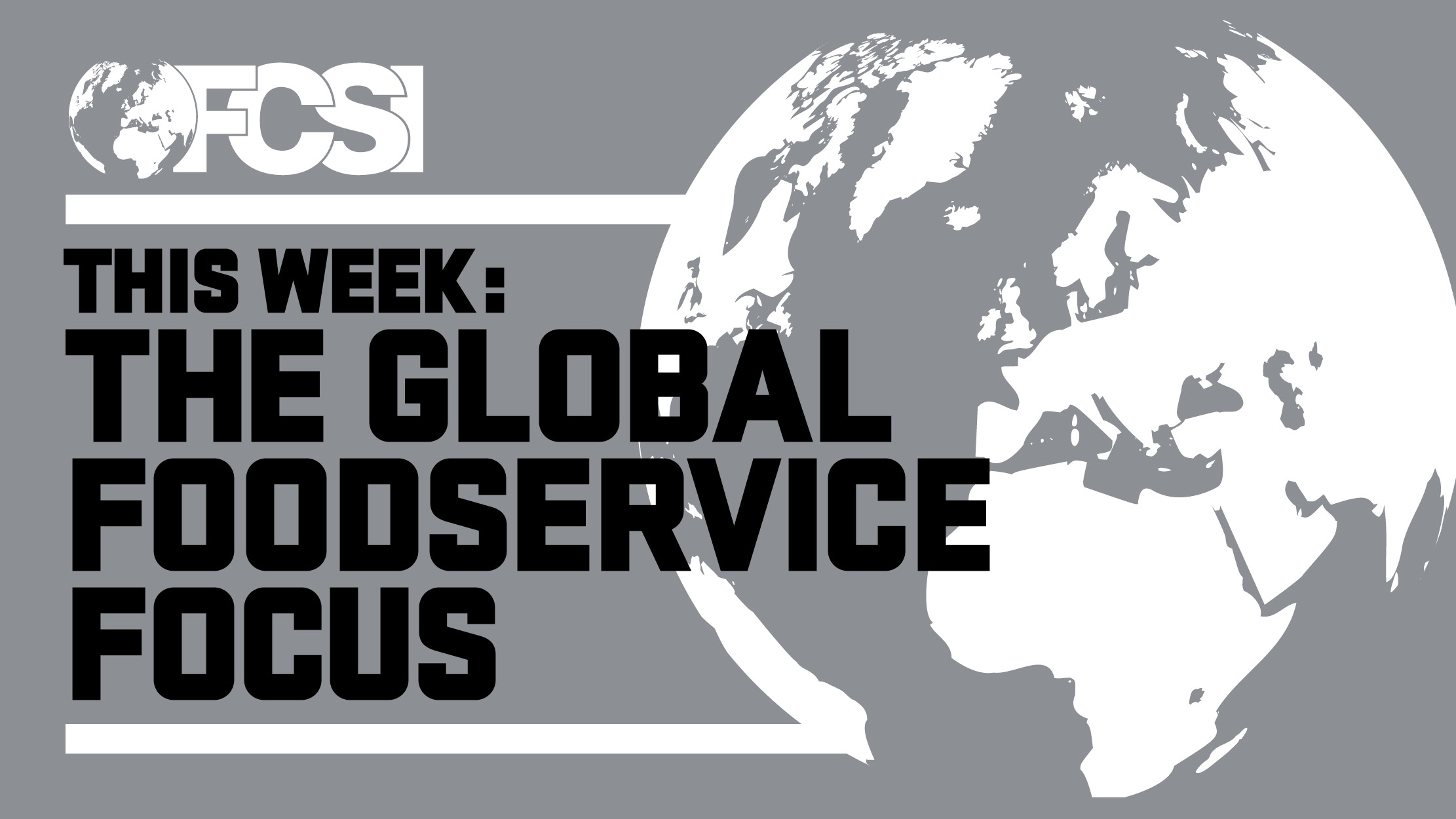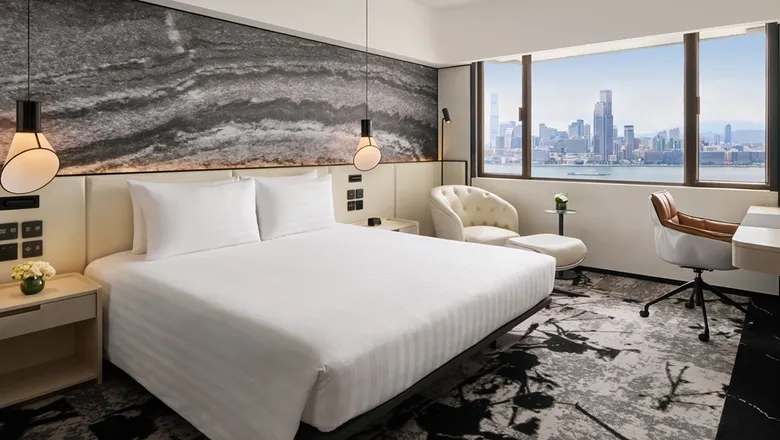
Americas
McDonald’s joins other major US brands backing out of DEI programs
Burger giant McDonald’s has joined a number of other high-profile brands in corporate America, including Walmart, Lowe’s and Harley Davidson, to back out of or adjust diversity, equity, and inclusion (DEI) initiatives. McDonald’s said in a statement that it would mothball its practice of setting aspirational representation goals – quotas – and rescind a pledge to hire a diverse group of suppliers, instead replacing this with “a more integrated discussion with suppliers about inclusion as it relates to business performance.” It added that it would also pause external surveys and change the way it refers to its diversity team to the “Global Inclusion Team.”
Starbucks changes non-paying visitors policy
Coffee chain Starbucks is to reverse a policy introduced in North America in 2018 that allows any visitor to its stores to use its facilities. A company statement this week announced that it was reversing the policy and replacing it with a new code of conduct. The new policy will prohibit people from occupying seats or using the chain’s restrooms without making a purchase.
Asia Pacific
Indonesian government launches free meal program but budget constraints bite
Indonesia has initiated a free meals program for school children. The initiative, spearheaded by President Prabowo Subianto, saw 570,000 students in 26 provinces receive a free meal box, but the number was less than one fifth of the initial target to provide 3 million meals to school children and a long way off the ultimate target of nearly 80 million.
Marriott opens first Autograph hotel in Hong Kong
The Park Lane Hong Kong, Autograph Collection, has opened in Hong Kong’s Causeway Bay, marking the first of the Autograph Collection Hotels brand to premiere in Hong Kong. Operated by Marriott Bonvoy, the hotel is part of a global portfolio of more than 320 independent hotels renowned for their distinctive design. The hotel is located close to Victoria Park and famous landmarks including the World Trade Center. It offers 820 guest rooms and suites, and features views of Victoria Harbour and Victoria Park.

Photo: The Park Lane Hong Kong, Autograph Collection
Europe, Middle East, Africa
UK pizza operator charges £100 for pineapple pizza (to put customers off ordering it)
Lupa pizza restaurant in Norwich, UK, has caused a minor storm on foodie social media by charging customers £100 for a simple Hawaiian pizza. The reason? To put patrons off ordering the pineapple-topping. “I absolutely loathe pineapple on a pizza,” the restaurant’s co-owner Francis Woolf told The Guardian newspaper. Head chef, Quin Jianoran, meanwhile concurred: “Pineapple on pizza? Never. I’d rather put a bloody strawberry on one than that tropical menace.” A 2017 YouGov survey revealed that only 53% of Britons liked pineapple on pizza.
How ultra-processed foods may be changing the shape of our jaws
A pilot study from a research team in Spain, which studied the diets of 25 children aged three to five, has found that children whose diet primarily consisted of liquids and/or semi-solid foods had smaller gaps between their lower teeth than those mainly consuming a solid diet. The study has promoted other academics to posit the theory that ultra-processed foods (UPFs), which are often very soft, could be contributing to children developing smaller jawbones, according to The Guardian.
Professor Tim Spector, a gut health expert, also told The Telegraph that “The strongest current theory about why the jaws have been shrinking so rapidly is that we’re feeding our kids baby food really for the whole of their lives – so that they just don’t develop the jaw muscles or the size of the jaw, and you aren’t really adapted for chewing. This is just another sign of how western countries… have succumbed to this wave of soft, ultra-processed foods that is now the main diet of children.”
Michael Jones
